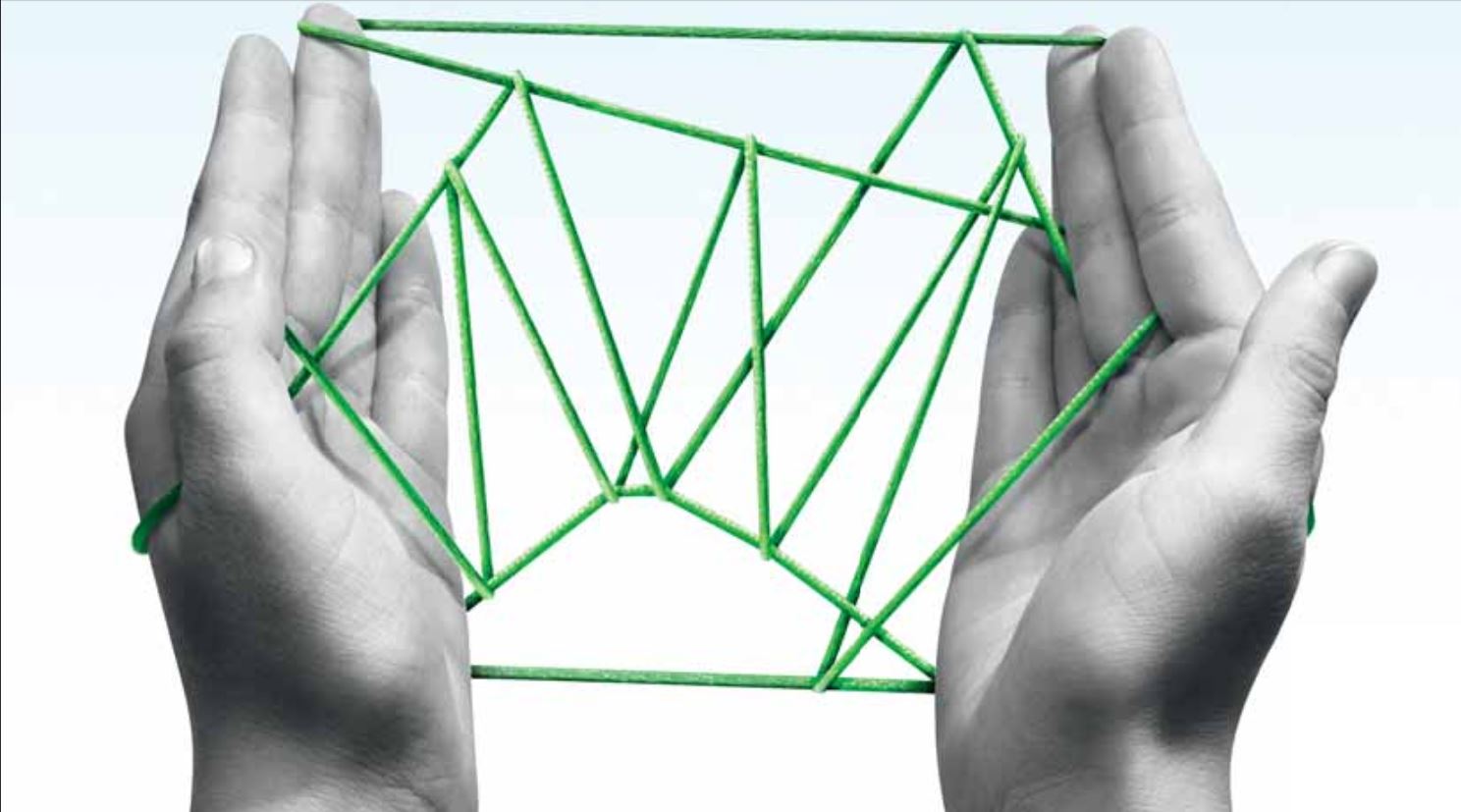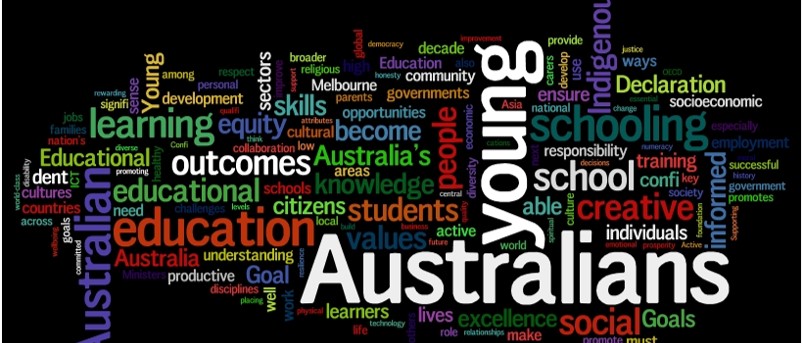This post is a part of a series being written for my EDUC6352 online masters students.
Historical background: School funding is a perennial policy problem and the original Gonski model (circa 2013) cemented Labor’s reputation for being the party concerned with education. Tony Abbott committed the Liberal party to matching Labor’s education plan dollar for dollar at the eleventh hour in the 2013 election. And, once the Liberal party won that election, they matched the funding for the first funding cycle but without committing the states (except for NSW who’d signed a deal with the outgoing Labor party) to the conditions of the Gonski plan (ie. needs based funding – the funds needs to be distributed according to a particular model that adds loadings to a base level according to levels of disadvantage).

In order to neutralise school funding as an election issue the Liberal party have introduced their own funding model, dubbed Gonski 2.0. Sensationalist media reporting (Private schools getting $6700 more per student than NSW public schools; Richest private schools get payments from $7m government ‘slush fund‘; Funds bias hurt Catholic schools) have made it hard to determine the differences (in effect rather than in dollar terms) between the original Gonski model and Gonski 2.0.
From what I can glean, however, in terms of realpolitik, Gonki 2.0 may have advantages. It enshrines an 80:20 funding arrangement in legislation, replacing previous ad hoc, opaque, confusing funding agreements. Here is some of the analysis available: Continue reading →






